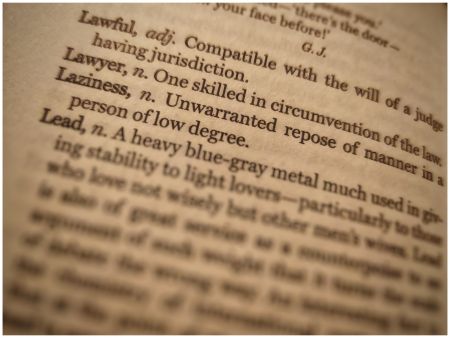Due diligence
Due diligence /djuː/ /ˈdɪlɪʤəns/ (n.)
|
The tiresome process of seeking documentary assurance comfort from one’s contractual counterparts — especially one’s custodians, clearers and prime brokers — that they have a robust operational setup, staffed with well-motivated and enthusiastic subject matter experts and are prudently connected to a network competent sub-custodians, service-providers and agents so that, notwithstanding the skillfully negotiated indemnities, covenants, representations and warranties your legal eagles have extracted from them in the verbiage, your counterparties are nonetheless is factually capable of carrying out their obligations.
What due diligence is
Due diligence thereby gives practical comfort that the legal obligations are worth the paper they’re written on.
Due diligence is about facts, not law.
What due diligence is not
Due diligence is not an exercise in asking your counterparty to explain your legal contract to you. You can read that for yourself or, if you can’t bring yourself to do that,[1] ask your legal eagles to do that for you. Then they can advise you. But your broker is not your legal adviser, is specifically not be regulated to advise you on your contract (and, being the person on the other side of it, inherently conflicted in giving you that advice).
Nor is due diligence a fishing expedition. It is not an excuse for extracting commercially sensitive confidential information from your broker or subcustodian, a legal entity who may, when wearing one of its thousand other faces, be your mortal competitor. Don’t expect it to hand over all its legal contracts with suppliers to you.
What due diligence definitely is not
Due diligence is never, ever, to be referred to as “due dilly”. I heard this once from a chap who, to my enduring delight, is still employed in my organisation. Why “delight”? Because as long as this unfortunate chap is still here, I rest in the comfort that there is at least one warm body between me and the wall I will eventually be lined up and shot against. This chap — who shall remain nameless, because I really don’t want to hex him — is my silver bullet.
See also
References
- ↑ And who, really, could blame you?
